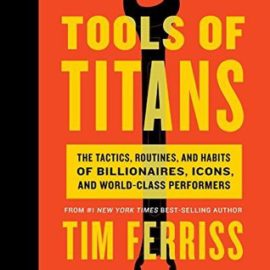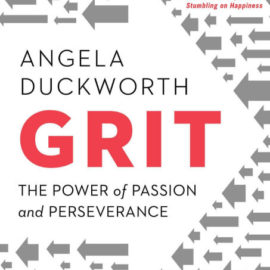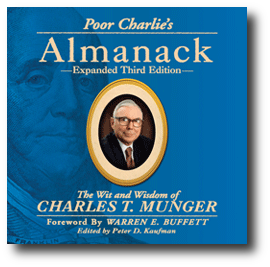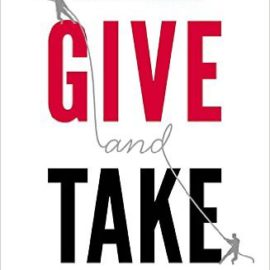Want to learn the ideas in Nudge better than ever? Read the world’s #1 book summary of Nudge by Richard H. Thaler here.
Read a brief 1-Page Summary or watch video summaries curated by our expert team. Note: this book guide is not affiliated with or endorsed by the publisher or author, and we always encourage you to purchase and read the full book.
Video Summaries of Nudge
We’ve scoured the Internet for the very best videos on Nudge, from high-quality videos summaries to interviews or commentary by Richard H. Thaler.
1-Page Summary of Nudge
Overview
People know what’s good for them and what isn’t. Most people want to eat healthy, save money for retirement, and stop smoking. However, they don’t follow through on these things in their everyday lives.
Bad habits are prevalent in our lives. For example, we grab a chocolate bar even though eating an apple would be better for us; we hit snooze every time the alarm rings despite knowing that it will only make us rush later on.
The behavioral patterns of people can cause them to make poor decisions. For example, most Americans don’t save money even though they know that it could be harmful in the future.
If we lose our income suddenly or have unexpected expenses, and we don’t have savings to fall back on, then we get angry at the irrational decisions we made in the past. However, despite knowing this, many of us continue to make financial decisions based on short-term goals instead of long-term ones.
Big Idea #1: We often make bad decisions because we don’t have all the information or because we’re given too much information.
We often make decisions that aren’t really good for us. In many cases, we have either too little or too much information to make rational choices. We are in a position to make better choices when we have the right amount of information and can process it properly.
When we need to buy ice cream, we usually choose our favorite flavor quickly. There are two reasons for that: 1) We know from experience that strawberry is better than mango and 2) Ice cream shops only have a few flavors available. However, when it comes to more serious matters like buying a loan or car insurance, the situation is different because there are many options. For example, some loans have fixed rates while others have variable ones; some loans can be deferred but not all of them; and so on. It’s very important to read the small print before signing up for any kind of loan or other financial product because you could end up paying much more than expected (or getting less).
Even when we have all the information, it can be difficult to sort through everything and compare options. This makes us feel overwhelmed.
Bad decisions are often the result of either not having enough information or too much information.
Big Idea #2: Our decisions are influenced by our emotions.
When we see a baby laugh, it’s hard not to smile. Our reaction occurs without us thinking about it. However, when we want to figure out the answer to 347 x 12, we think about how to solve the problem consciously because that answer requires effort and time.
These examples show that there are two different ways of thinking.
When it comes to babies, we use our gut instinct.
When we see a math problem, our Reflective System kicks in. We don’t have the time or energy to reflect on every decision we make, so our Automatic System takes over. It works well most of the time but not all the time because it’s based on simplifications and emotions. For example, when estimating your own risk for stroke, you would take into account how many people you know who’ve had one already.
If we don’t know anyone who has had a heart attack, we assume that the risk is low. However, our own risk could be high and so precautionary measures should be taken. We make decisions based on gut feelings rather than facts.
Big Idea #3: Sometimes we make mistakes because we give into temptation or act without thinking.
A smoker who’s trying to quit will be tempted if offered a cigarette. She knows it’s bad for her and wants to stop, but she’ll probably end up taking one anyway.






